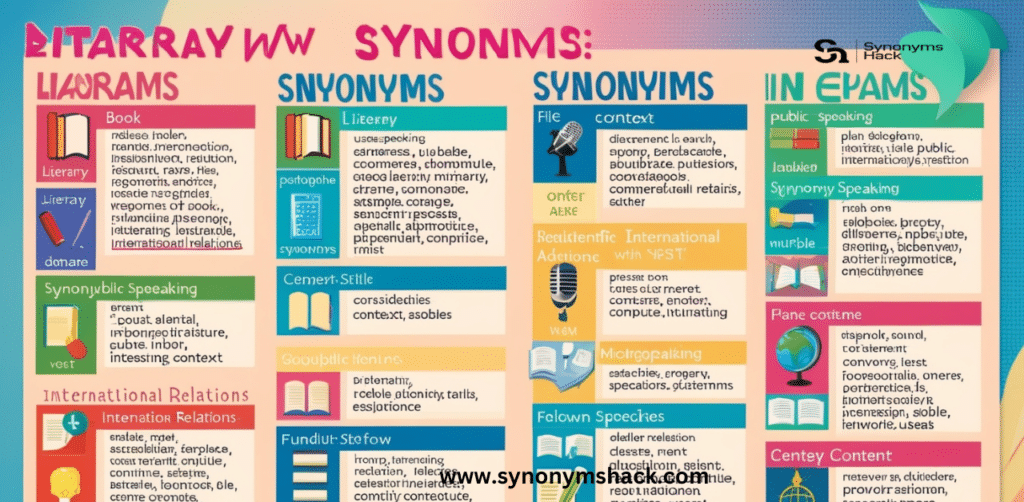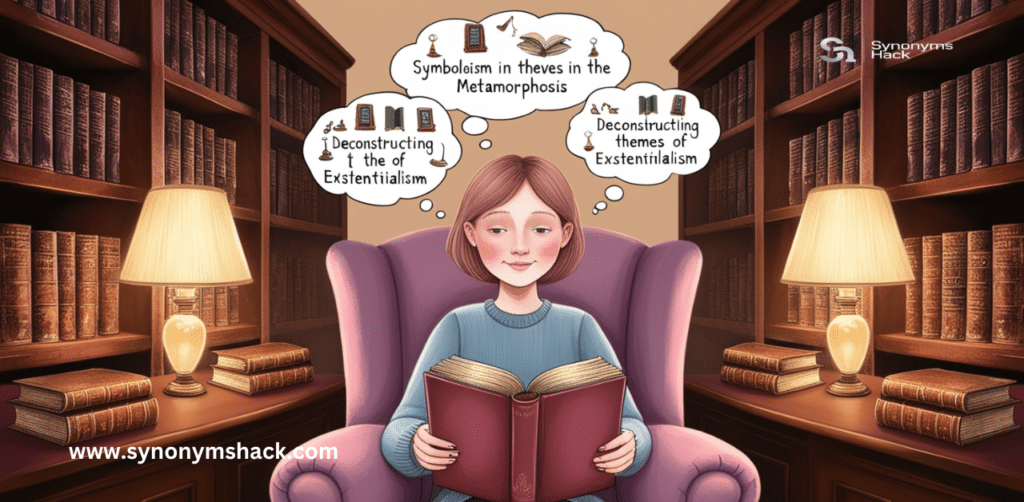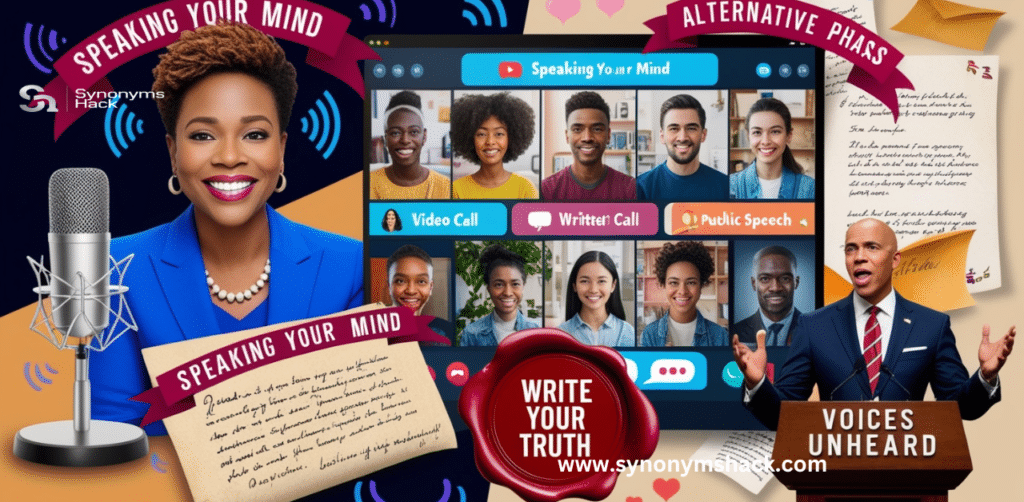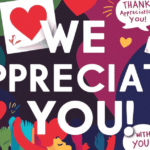Ever caught yourself using the same phrase over and over? It’s like getting stuck in a linguistic rut. We’ve all been there, especially with common expressions like “as you can see.” But fear not! There’s a whole world of alternatives waiting to spice up your language.

Is It Professionally Good to Use “As You Can See”?
Before we jump into the alternatives, let’s tackle the elephant in the room. Is “as you can see” a professional phrase? Well, it’s not inherently unprofessional, but it can become a crutch if overused. In formal settings, it’s often better to opt for more varied expressions. This diversifies your language and keeps your audience engaged. Remember, in professional communication, clarity and precision are key.

Comprehensive List of Alternatives to “As You Can See”
Let’s dive into twenty fresh ways to convey the same idea, breathing new life into your communication.
- Evidently
- Clearly
- As demonstrated
- As shown
- It’s apparent that
- As is evident
- Manifestly
- Undoubtedly
- As can be observed
- It’s clear that
- It’s apparent that
- The data indicates
- We can infer
- It stands to reason
- The evidence suggests
- One can discern
- Your essay demonstrates
- The latest metrics speak for themselves
- The results of our experiment corroborate
- The correlation between variables A and B is statistically significant
You should read: 10 Wednesday Morning Prayers with Bible Verses
1. Evidently

“Evidently” packs a punch when you want to highlight something obvious without sounding too forceful.
Example: Business Report Email
Subject: Q3 Sales Performance Update
Dear Team,
I hope this email finds you well. I’ve attached our Q3 sales report for your review.
Evidently, our new product line has outperformed expectations, with a 30% increase in revenue compared to Q2. This success can be attributed to our marketing team’s innovative strategies and the sales team’s exceptional efforts.
Best regards, Sarah Thompson Sales Director
2. Clearly
“Clearly” is a straightforward way to point out something that’s, well, clear as day.
Example: Project Status Update
Subject: Project Falcon – Milestone Achievement
Hi John,
I wanted to give you a quick update on Project Falcon.
Clearly, we’ve hit a major milestone this week. The prototype passed all initial tests with flying colors, putting us ahead of schedule by two weeks. This success is a testament to the team’s hard work and dedication.
Let’s discuss next steps in our meeting tomorrow.
Cheers, Emma Rodriguez Project Manager
You should read: 20 Other Ways to Say “Stay Tuned”
3. As Demonstrated

This phrase is perfect for situations where you’ve just shown or explained something.
Example: Teaching Scenario
“Now, class, let’s look at the results of our experiment. As demonstrated by the change in color of our solution, the pH level has indeed shifted from acidic to basic. This proves our hypothesis correct.”
4. As Shown
Similar to “as demonstrated,” this phrase works well when referring to visual aids or data.
Example: Financial Presentation
“As shown in this graph, our company’s revenue has steadily increased over the past five years. The most significant jump occurred between 2022 and 2023, coinciding with the launch of our e-commerce platform.”
5. It’s Apparent That

This phrase adds a touch of formality while still getting the point across clearly.
Example: Client Feedback Email
Subject: Website Redesign Feedback
Dear Alex,
Thank you for sending over the latest mockups for our website redesign.
It’s apparent that you’ve taken our feedback to heart. The new color scheme aligns perfectly with our brand identity, and the streamlined navigation is exactly what we were looking for. Your team’s attention to detail is truly impressive.
Looking forward to the next iteration!
Best, Olivia Chen Marketing Director
Read Also: Thank You For Your Continuous Support And Encouragement
6. Synonyms and Variations

Let’s take a moment to explore some additional synonyms and variations that can freshen up your language:
| Phrase | Usage Context |
| As is evident | Formal reports or academic writing |
| Manifestly | Legal or highly formal contexts |
| Undoubtedly | Expressing strong certainty |
| As can be observed | Scientific or analytical settings |
| It’s clear that | General use, slightly more formal |
These options provide a range of tones and formality levels, allowing you to choose the perfect fit for your specific situation.
7. Alternatives for Different Scenarios
Sometimes, you might want to completely rephrase your sentence to avoid using a direct equivalent. Here are some alternatives:
Example: Customer Service Response
“Thank you for bringing this to our attention. Upon reviewing your account, I can confirm that the payment was processed on March 15th.”
Instead of saying “As you can see,” this response directly addresses the information without drawing attention to its obviousness.
8. Evidently (In a Different Context)

While we’ve mentioned “evidently” before, it’s worth noting its versatility in various contexts.
Example: Literary Analysis
“Evidently, the author’s use of symbolism throughout the novel serves to underscore the theme of lost innocence. The recurring motif of broken glass, for instance, represents the fragility of childhood memories.”
You should Read: 20 Other Ways to Say “I Look Forward to Speaking With You“
9. Clearly (With a Twist)
Let’s see how we can use “clearly” in a more nuanced way.
Example: Performance Review
“Clearly, your contributions to the team have been invaluable this year. Your innovative approach to problem-solving has not only improved our processes but has also inspired your colleagues to think outside the box.”
10. As Demonstrated (In a Technical Context)

This phrase shines in technical or scientific explanations.
Example: Software Documentation
“As demonstrated in the code snippet above, the new function significantly reduces processing time by optimizing the loop structure. This improvement results in a 40% faster execution compared to the previous version.”
11. It’s Apparent That
This phrase adds a touch of formality while still conveying clarity.
Example: Board Meeting Presentation
“It’s apparent that our investment in renewable energy has paid off. Our carbon footprint has decreased by 30% in the last year alone, putting us ahead of industry standards.”
You must read: 100 Thank You For All You Do
12. As Can Be Observed
Perfect for scientific or analytical contexts, this phrase draws attention to observable facts.
Example: Research Paper
“As can be observed in Figure 3, the reaction rate increases exponentially with temperature. This relationship holds true across all tested catalysts.”
13. Undoubtedly
Use this when you want to express strong certainty about a point.
Example: Sports Commentary
“Undoubtedly, this game will go down in history as one of the greatest comebacks in soccer. The underdog team’s performance in the second half was nothing short of miraculous.”
14. Manifestly
This formal alternative works well in legal or academic settings.
Example: Legal Brief
“Your Honor, it is manifestly clear that the defendant was aware of the risks involved, as evidenced by the signed waiver presented as Exhibit A.”
15. As Is Evident

This phrase smoothly introduces conclusions drawn from presented information.
Example: Market Analysis Report
“As is evident from the consumer survey results, there’s a growing demand for eco-friendly packaging in the cosmetics industry. This trend presents a significant opportunity for our company to lead in sustainable practices.”
16. Different Words, Same Impact
Sometimes, rephrasing entirely can achieve the same effect as “as you can see” without using a direct synonym.
Example: Customer Feedback Response
“Thank you for your detailed review. We’ve taken note of your suggestions regarding our app’s user interface. Our development team is already working on implementing these improvements in our next update.”
Don’t Miss: 20 Other Ways to Say “Please Let Me Know What You Think”
17. Options for Varied Expression
Consider these alternatives to keep your language fresh:
| Phrase | Context |
| The data indicates | Data analysis |
| We can infer | Drawing conclusions |
| It stands to reason | Logical deductions |
| The evidence suggests | Research findings |
| One can discern | Careful observations |
Don’t miss it: 75+ Ways To Say “Thank You For A Great Evening”
18. Variations on a Theme
Let’s explore some variations that convey similar meanings:
Example: Feedback on Student Work
“Your essay demonstrates a deep understanding of the subject matter. The well-structured arguments and thoughtful analysis reflect your thorough research and critical thinking skills.”
19. Similar Meanings, Different Approach
Sometimes, implying that something is obvious without directly stating it can be more effective.
Example: Project Update Email
Subject: Midpoint Review – Project Phoenix
Dear Team,
I hope this email finds you well. I wanted to touch base regarding our progress on Project Phoenix.
The latest metrics speak for themselves. We’ve exceeded our initial targets by 15%, putting us comfortably ahead of schedule. This achievement underscores the exceptional effort and collaboration across all departments.
Let’s build on this momentum as we move into the final phase.
Best regards, Marcus Lee Project Lead
You May Read: 20 Other Ways to Say “Good Girl” (with Examples)
20. Equivalents in Context
Different situations call for different equivalents. Here’s how to adapt your language:
Example: Scientific Presentation
“The results of our experiment corroborate our initial hypothesis. The correlation between variables A and B is statistically significant, with a p-value of less than 0.001.”

Final Words: Elevating Your Communication
As we wrap up this exploration of alternatives to “as you can see,” it’s clear that the English language offers a rich tapestry of expressions to convey clarity and emphasis. By incorporating these varied phrases into your communication toolkit, you’re not just avoiding repetition – you’re enhancing your ability to engage your audience effectively.
Remember, the goal isn’t just to find different words; it’s about choosing the right expression for the right moment. Whether you’re writing a formal report, giving a presentation, or crafting an important email, these options allow you to tailor your language to your specific context and audience.
Clearly, mastering these alternatives can significantly improve your communication skills. As you practice using these phrases, you’ll find that your writing and speaking become more dynamic and impactful. So, next time you’re tempted to fall back on “as you can see,” pause and consider the wealth of options at your disposal. Your message will be all the stronger for it, and your audience will appreciate the clarity and sophistication of your expression.
In the end, effective communication is about making connections and conveying ideas with precision and style. By expanding your repertoire of phrases, you’re well on your way to becoming a more versatile and compelling communicator.

Brad Hook is the insightful admin and writer who brings depth and clarity to the world of synonyms. With a talent for making words accessible and engaging, he inspires readers to expand their vocabulary and explore language’s nuances. Brad’s writing helps others communicate more effectively and creatively every day.








